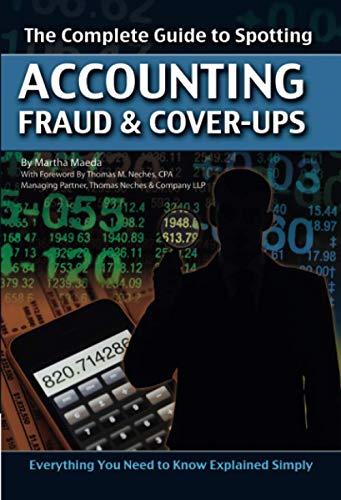Question
Assume that you are a team of graduate accountants working for HGS Group Ltd, an independent consulting & accounting firm situated at 111 George Avenue,
Assume that you are a team of graduate accountants working for HGS Group Ltd, an independent consulting & accounting firm situated at 111 George Avenue, Melbourne, VIC 3000. The Manager of your firm, Mr David Miller, has asked you to draft a letter in response to an email received from Ms Linda Jackson, the General Manager of TRD Group (a large private entity), raising accounting issues see the copy of the email on the next page. The maximum length for the body of the letter is 1,500 words. You should address all the technical issues/discussion in the letter, followed by a Reference List. Part A: Technical component 24% - This mark covers the technical content of your advice and the explanation on each of the issues, the calculations (if any), and the sources used. Part B: Communication Skills 6% - This mark covers the generic skills of letter writing; layout, clear meaning, structure and organisation, appropriate tone and grammar, spelling, and punctuation, etc., throughout the whole assignment. Page 2 Kaplan Business School Assessment Outline Re: Accounting Issues: Year Ending 30 June 2021 From: Linda Jackson Sent: 20 July 2021 To: David Miller Dear David Thank you for your time this morning. As discussed, I am reaching out to you to discuss the following issues which came up in the most recent board meeting. Jerry (our outgoing CFO) wasnt around to answer any of these questions, and therefore it was difficult for me to give an accurate response since I dont have an accounting background. Most of the board members, including myself, are very confused about the purpose of consolidation entries. Our accountant tells me that we must delete certain accounting transactions before consolidated accounts are prepared. If this is true, I am absolutely baffled as to why we are deleting transactions from our records. And more importantly, why are we wasting money recording these transactions in the first place. As I said, I am not an accountant, and therefore I would appreciate if you could provide a couple of simple examples to support your views on this issue. Our company is currently reviewing several proposals whereby we are considering investing in other companies. For example, one proposal is to buy 20% of a QLD-based company (a private company). And there is another proposal where we already own 35% of a WA based company, and we are considering buying another 35%. Would you be able to please shed some light on how to account for these investments in our accounting records? The last issue is something which the external auditors raised to our audit committee. The auditors spoke to Jerry just before he left the company and were concerned about Jerrys lack of knowledge around accounting for goodwill. Apparently, Jerry told the auditors that goodwill is the value associated with the business name, and therefore the value is decided by the board. He stated that if a business is very well known with the community, then the company can recognise goodwill in its books after consulting with some business valuation experts. Could you please clarify this goodwill issue for me? What is goodwill, and when it should be recognised? How do we use this goodwill? Should we just depreciate it? Would you mind responding by letter (not email) as I would like to present your views to our board? I look forward to hearing from you shortly. Regards Linda Jackson 380 Jackson Drive, Adelaide SA 5000
Step by Step Solution
There are 3 Steps involved in it
Step: 1

Get Instant Access to Expert-Tailored Solutions
See step-by-step solutions with expert insights and AI powered tools for academic success
Step: 2

Step: 3

Ace Your Homework with AI
Get the answers you need in no time with our AI-driven, step-by-step assistance
Get Started


